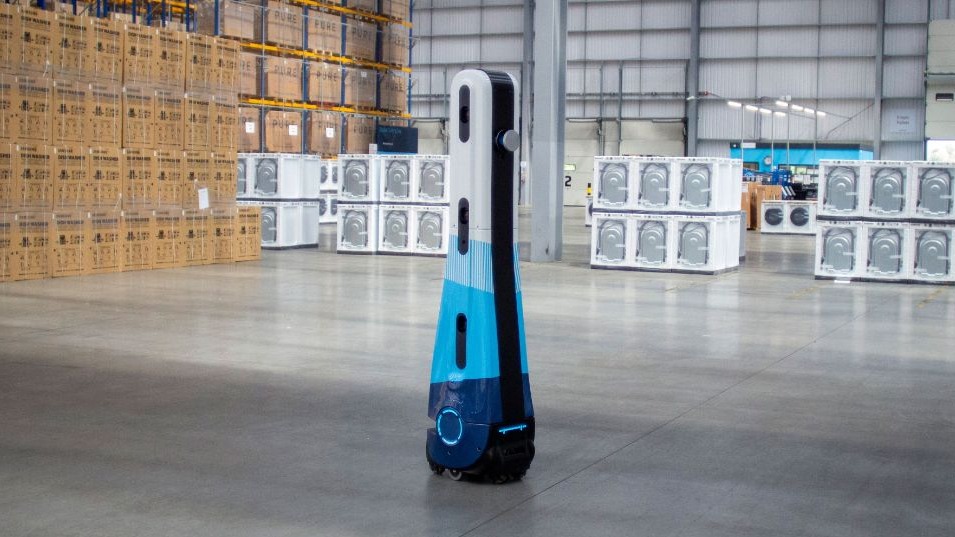While 93 per cent of retailers have a strategy to improve diversity and inclusion in their business, this has yet to translate into “meaningful change” claims a new study.
According to a report from the British Retail Consortium (BRC) and the MBS group, 60 per cent of retailers have no specific targets in place to track progress on diversity inclusion.
The proportion of minority ethnic representation in board rooms has risen to 10 per cent since 2021, yet 30 per cent of retail boards remain all-white. This compares to four per cent all-white boards in the FSTE 100.
The report found that 80 per cent of retailers are focusing on disability in their diversity and inclusion strategies compared to 50 per cent in 2021. Around 65 per cent of businesses also include social mobility in their strategies, compared to 20 per cent in 2021.
More individuals are comfortable to identify as trans, non-binary and gender fluid in the workplace with 64 per cent of businesses able to identify at least one senior leader from the LGBTQ+ community within their organisation, compared with 47 percent in 2022 and 27 per cent in 2021.
The report argues that retailers need to switch from introducing diversity and inclusion activities to focusing on those that drive tangible outcomes. It added that retailers need to “reflect and adapt” strategies to ensure maximum impact.
Helen Dickinson OBE, chief executive of the BRC said that she was encouraged to see retailers expand their diversity and inclusion policies but needed to ‘shift the dial’ on progress.
“I know this will take time, but equally, we must not rest on our laurels. While the will is there, until every individual - no matter their background – feels they can reach their true potential in the workplace, we are failing.
“It’s time to double down on assessing the impact of activities. We need to continually assess if what we’re doing is working, and if it’s not, what else can be done. Nonetheless, I am confident that we can deliver the change we aspire for, and I am excited to see the industry rise to the challenge,” Dickinson said.
Latest News
-
Retail sales log strongest monthly rise since May 2024 as January volumes jump 1.8%
-
BrewDog founder lines up £10m rescue bid
-
Tesco makes ‘significant strides’ on safety through body worn cameras
-
Flying Tiger Copenhagen appoints new group chief executive
-
Walgreens cuts over 600 jobs after buyout
-
Mango opens first store in Limerick as part of expansion plan
Beyond Channels: Redefining retail with Unified Commerce
This Retail Systems fireside chat with Nikki Baird, Vice President, Strategy & Product at Aptos will explore how unified commerce strategies enable retailers to tear down these barriers and unlock new levels of operational agility and customer satisfaction.
The future of self-checkout: Building a system that works for consumers and retailers
In this webinar, industry leaders discussed what the future of self-checkout looks like and how retailers can make the technology work for everyone.
© 2024 Perspective Publishing Privacy & Cookies










Recent Stories